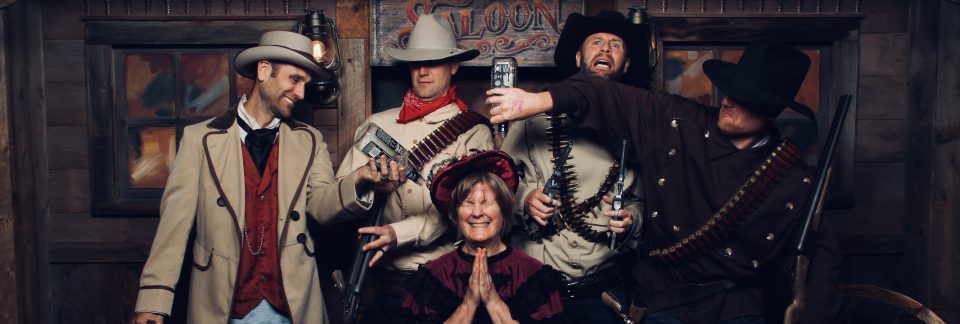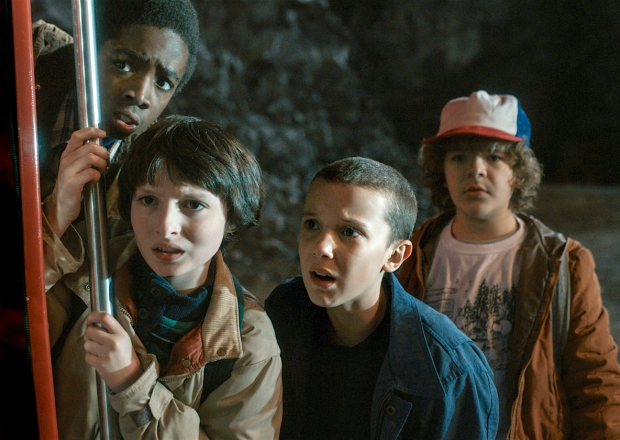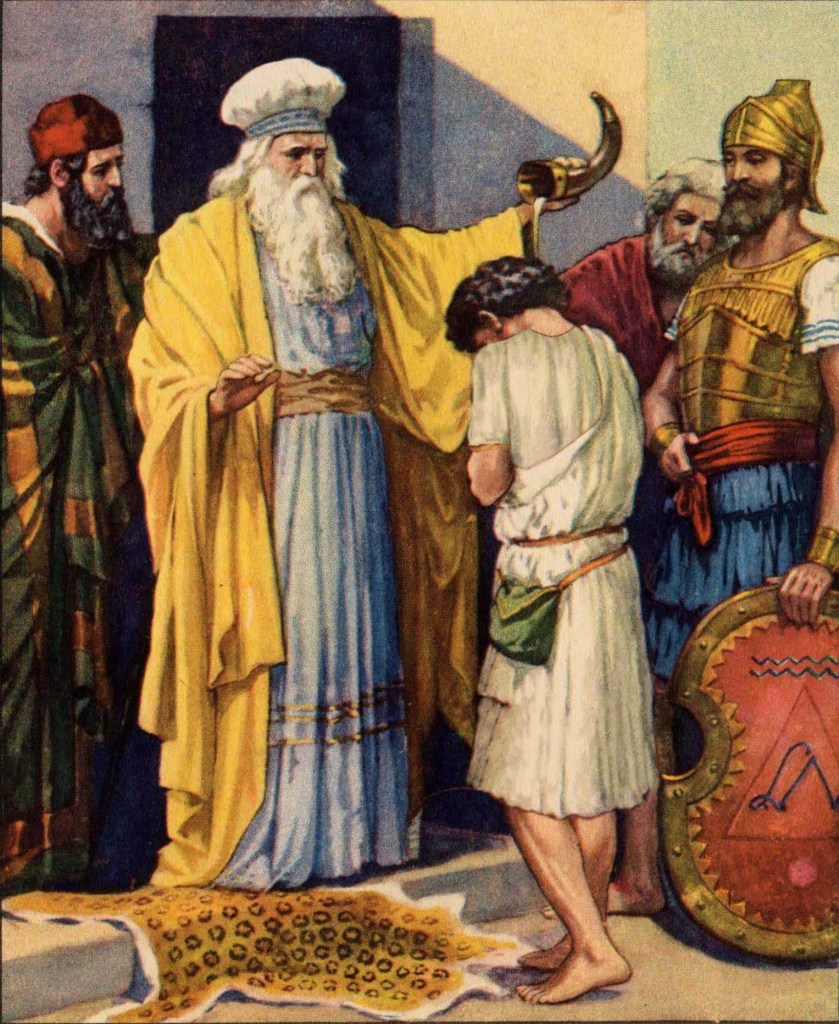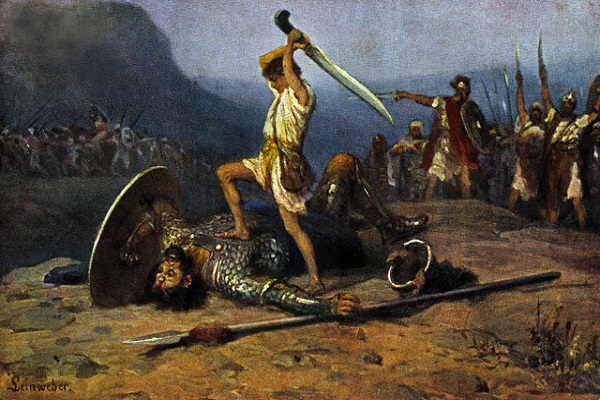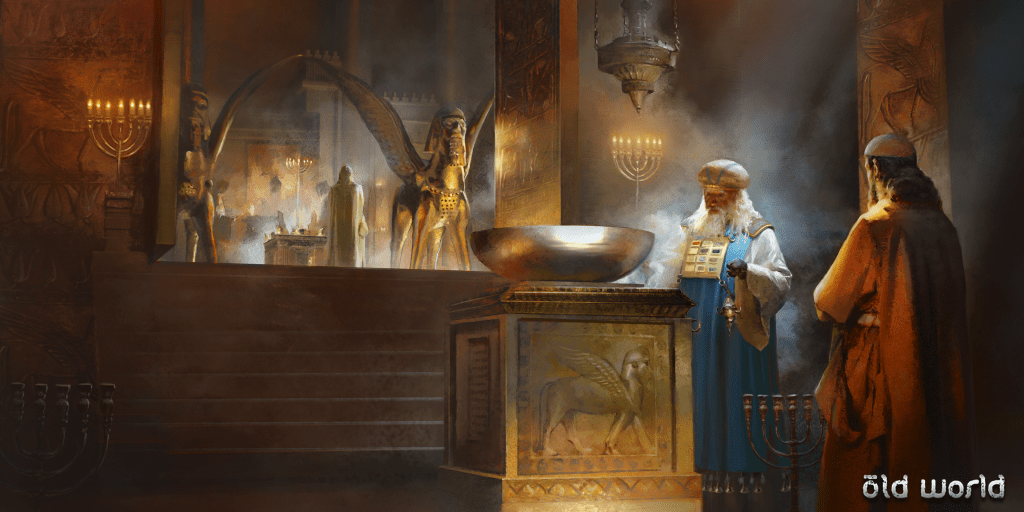Tags
For most of my adult life, I have introduced myself as “Catie’s husband”. It may seem weird, but, it’s the best way to name drop and oviously highlight my biggest achievement. For anyone who knows her, it makes total sense. She is by far the most outgoing, friendly, happy, cheerful, and social one in the relationship. She is the life of the party. She even has an annual summer event in a particular corner of southern Utah County named in her honor. Catiepalooza.
She also happens to be one of the luckiest people alive, not because she married me, but because she wins all the time. Most of these are games or events that are random or determined by chance. She has story after story of these lucky wins.
Just one example happened on our honeymooon on a cruise ship. She hit the grand prize playing bingo, much to the dismay of the more “experienced” participants at least 40 years her elder. This lucky strike became twice as lucky, as we were both unaware of the expected “tip” charge that would come early the next morning on our final bill that was slid under our stateroom door. As newly-married, less than dirt poor, cruise newbies, we had been blissfully unaware of that expense, and would have been washing dishes on the next cruise without her “winnings”.
Catie’s meteoric rise to stardom, however, occured years later while we were living in southern California for anesthesia school. She was invited to celebrate her friend Alli’s birthday by going to watch one of the Price is Right episodes that was filming that day. Turns out, she did a lot more than just watch.

As anyone familiar with the famous gameshow knows, its full of almost maniacally excited, and optimisticly crazy happy people. Most people don’t know, however, that everyone waiting in the hope-to-get-in line, participate in a sleuthy interview process by the show’s producers. Potential participants are evaluated for their potential “entertainment” value. True insiders know to wear colorful shirts, coordinated apparel, or employ some other gimick to increase their chances of getting called up to bid and participate in the show. Obviously, Catie was a shoe in.
Catie and her friends had all worn pink matching shirts with glittery lettering identifying them as “wives of Gasspassers”. To the non-anesthesia familiar public, this probably carries a different meaning, but, as Catie’s husband, I’m going to be ok with that.
Needless to say, by the aforementioned, seemingly ever repeating, stroke of endless luck, she was called up to bid, and the following ensued…
Now, if you watched the whole episode, you would have enjoyed not only the nostalgia of watching the 30 minute commercial disguised as a gameshow, but that Catie’s rise to Price is Right stardom was not without its bumps and near misses. Especially in the crucial, stressful, chaotic seconds of the showcase showdown.
If you listened closely, you would have noticed that she clearly, slowly, and distinctly bid $45,000 as her showcase showdown bid. This bid was received with an apparent sudden onset of temprary deafness, and a verbal lifeline, “Four, I, I…I beg your pardon?” from Bob Barker. His telepathic message sunk in, and Catie quickly withdrew the bid, and desperately returned her gaze back to the audience chaos looking for assistance. Now, almost paralyzed with indecision with the weight of the world on her bidding shoulders, she chose to listen to just one person amid the entire audience of hundreds screaming at the top of their lungs with indistinguishable jabber. This one person had a single finger in the air while mouthing the words that Catie would then pass on to Bob’s pressing microphone, the same words which would also eventually make their way to a custom license plate on a black Dodge Magnum delivered a few months later…..”One dollar, Bob.”
What a win. What a moment that was. It took me three full days to actually believe her when she told me she had won. Who even gets on a gameshow? Who ever wins any prizes? Who gets to bid on the showcase showdown? Who actually wins it? But its immortalized on YouTube now and will live forever.
The best part of the story is the moment where Bob Barker clearly, and intentionally hints to Catie to try again. Instead of just going with the answer that was clearly wrong, he allowed her to try again, he did everything in his power to give her the win. The wrong answer was erased as if it never happened, to give place to a better one. And, that made all the difference.
Here is a smaller replay of that amazing redeeming rescue.
Now, why would this demostration of Bob Barker’s grace have anything to do with the normal content we discuss here? Oddly enough, its because I was reminded of this little exchange while listening to General Conference.
During Elder Christofferson’s talk labeled The Testimony of Jesus, he starts off with the following paragraph…
“In 1832, Joseph Smith and Sidney Rigdon received a remarkable vision concerning the eternal destiny of God’s children. This revelation spoke of three heavenly kingdoms. President Dallin H. Oaks spoke about these “kingdoms of glory” last October, -noting that “through the triumph and the glory of the Lamb,” all but a relatively few individuals are eventually redeemed into one of these kingdoms, “according to the desires manifested through their choices.” God’s plan of redemption constitutes a universal opportunity for all His children, whenever and wherever they may have lived on the earth.”
The idea to highlight here is the concept of the welcoming invitation that is the gospel of Jesus Christ. Everyone is invited to live with God, and it becomes our choice to stay, or go. It is our choice to live in a way that makes us comfortable in God’s presence, or be repulsed by its goodness. We get to choose. Alma described this sentiment even more specifically in “judment” terms when he taught…
“These are they that are redeemed of the Lord; yea, these are they that are taken out, that are delivered from that endless night of darkness; and thus they stand or fall; for behold, they are their own judges, whether to do good or do evil.” -Alma 41:7
Sometimes the feeling of not deserving salvation and redemption is something we struggle with. At least, I did. It’s hard not to think that way when we live in a world of winning and losing. This last week, my daughter and I had a little discussion about this same thing. She is a junior in high school, and neck deep in the ACT test, tryouts for the school play, job interviews, college prep, and every other competition you can think of. The reality of constant competition, winning, losing, acceptance, and rejection is part of all our lives. But, ironically, these things don’t apply in the same way to the concept of salvation, forgiveness, the final judgment, or the atonement. The eternal blessings of salvation are not reserved for those with a high life point average. The final judgement will be much more like Catie’s experience with Bob Barker than my experince the AP History test (obviously not good).
Brad Wilcox famously described this same thought process in his talk, His Grace is sufficient, he explains…
“In the past I had a picture in my mind of what the final judgment would be like, and it went something like this: Jesus standing there with a clipboard and Brad standing on the other side of the room nervously looking at Jesus.
Jesus checks His clipboard and says, “Oh, shoot, Brad. You missed it by two points.”
Brad begs Jesus, “Please, check the essay question one more time! There have to be two points you can squeeze out of that essay.” That’s how I always saw it.
But the older I get, and the more I understand this wonderful plan of redemption, the more I realize that in the final judgment it will not be the unrepentant sinner begging Jesus, “Let me stay.” No, he will probably be saying, “Get me out of here!” Knowing Christ’s character, I believe that if anyone is going to be begging on that occasion, it would probably be Jesus begging the unrepentant sinner, “Please, choose to stay. Please, use my Atonement—not just to be cleansed but to be changed so that you want to stay.”
Jesus wants us to choose to stay with him, Jesus wants us to win. Jesus is not waiting for the moment for us to mess up once, so he can immediatly hit the trap door button and gleefully watch us slide backwards out of sight in a heavenly version of chutes and ladders, or say, “Nope! I clearly heard you say $45,000. Thanks for playing, but you lose!’
Jesus will always be patient, and quick to erase our wrong answers, and be excited beyond measure and thrilled when we choose to accept his eternal invitation to come, follow, and stay with Him. It was Jesus himself that described the feelings of the father of the prodigal son when he chose to come home, and how “when he was yet a great way off, his father saw him, and had compassion, and ran, and fell on his neck, and kissed him“. -Luke 15:20
That is the feeling we can expect when we get “home”. That is the absolute love, compassion, and forgiveness inherent in our Father in Heaven, and his only begotten Son. Their arms always have been, and always will be, wide open towards us begging us to stay.
